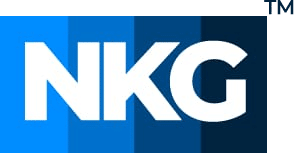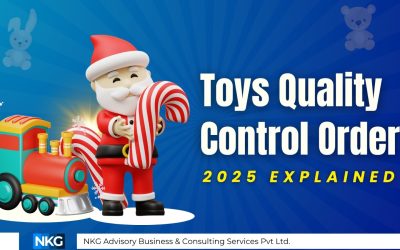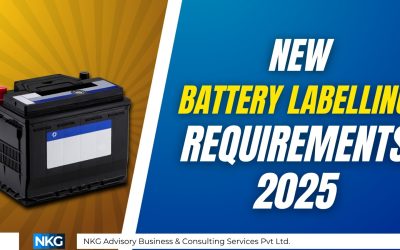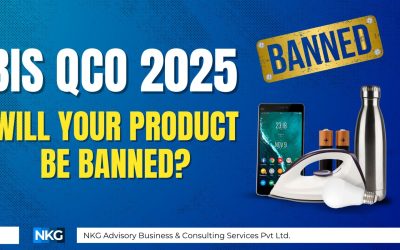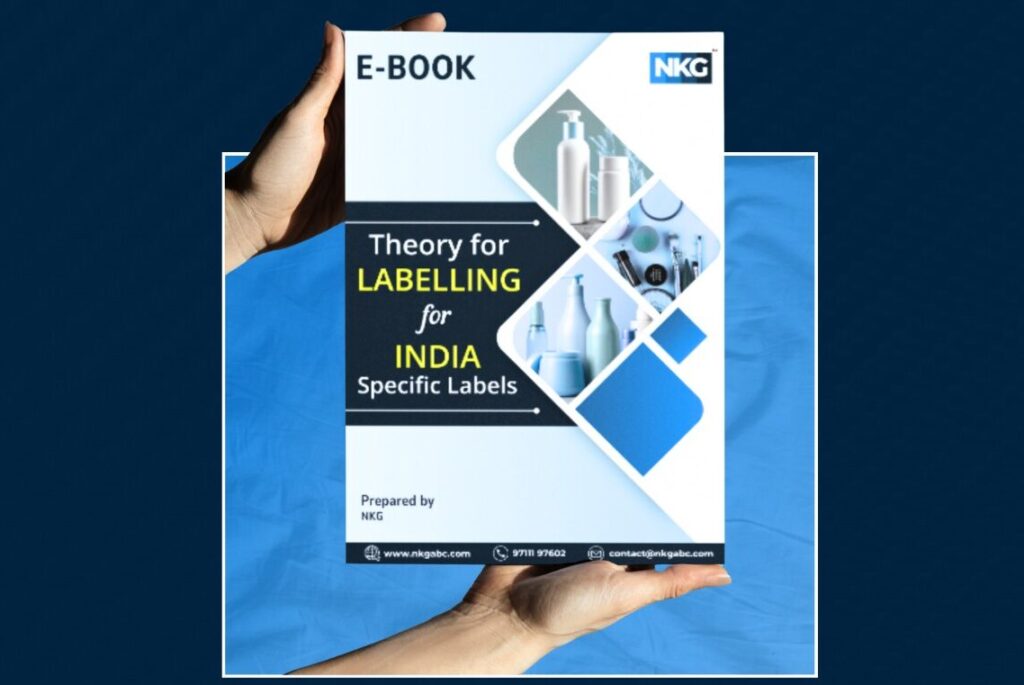How CPCB Guidelines Impact Pharmaceutical Manufacturers
The Central Pollution Control Board (CPCB) has introduced essential draft guidelines for controlling pollution generated by pharmaceutical manufacturers for 2025. These guidelines come as an outfall of a directive issued National Green Tribunal (NGT), aims to reduce environmental impact, especially near agricultural and residential areas. But how do these regulations apply to pharmaceutical manufacturers? And what actions should you take to stay compliant?
Let’s break down the key points, ensuring you understand the required changes and how to prepare your manufacturing unit.
Why Should These Guidelines Matter to Pharmaceutical Manufacturers?
If you manage a pharmaceutical manufacturing unit or oversee the production of Active Pharmaceutical Ingredients (APIs), these guidelines are directly relevant. The CPCB’s guidelines focus on balancing growth with environmental responsibility. By adhering to these rules, pharmaceutical manufacturers can demonstrate their commitment to sustainable practices, which will only grow in importance in the future.
5 Key Aspects of the Draft Guidelines: What Pharmaceutical Manufacturers Need to Know
These draft guidelines impact various activities in pharmaceutical manufacturer’s operations. Below are the key highlights:
1. Location and Siting of Manufacturing Facilities
- Red Category Facilities: High-risk operations must be located at least 500 meters away from sensitive zones like water bodies or residential areas.
- Orange Category Facilities: Moderate-risk facilities must also adhere to distance requirements, though they are less stringent than for Red Category facilities.
Selecting an appropriate location is not just about business feasibility but also regulatory compliance.
2. Greenbelt Development
A significant part of the guidelines mandates that pharmaceutical manufacturers dedicate 33% of their plant area to green zones. This green belt promotes biodiversity, reduces pollution, and improves the surrounding environment.
3. Waste Management and Treatment
Effective waste management is now critical for compliance. The key requirements include:
- Zero Liquid Discharge (ZLD): Recycling or treating all wastewater before discharge.
- Hazardous Waste Handling: Storing hazardous materials onsite for no more than 90 days.
4. Controlling Emissions
Air quality control is a priority for pharmaceutical manufacturers, with specific targets outlined:
- Recover 95% of spent solvents during production.
- Reduce Volatile Organic Compounds (VOC) emissions using advanced technologies.
- Implement real-time emission monitoring systems.
5. Approval and Compliance Requirements
To streamline the approval process, pharmaceutical manufacturers must obtain and maintain:
- Consent to Establish (CTE)
- Consent to Operate (CTO)
- Hazardous Waste Management Authorization
Regular environmental reports, compliance updates, and emergency response plans will also be required.

Pain Points Addressed by These Guidelines
Simplifying Regulations: Clearer frameworks make compliance less overwhelming for pharmaceutical manufacturers.
Balancing Costs and Sustainability: Initial investments like ZLD systems can reduce operational costs and avoid fines in the long term.
Faster Approvals: The streamlined process reduces delays, helping pharmaceutical manufacturers avoid operational setbacks.
What Pharmaceutical Manufacturers Can Do Now
These are draft guidelines, and there’s an opportunity for manufacturers like you to provide feedback to the CPCB. The deadline for submitting feedback is February 5, 2025.
Where to send your input:
- Email: dinabandhu.cpcb@nic.in, rnpankaj.cpcb@nic.in
- Postal Address: Central Pollution Control Board, Parivesh Bhawan, East Arjun Nagar, Delhi – 32
Steps you can take now:
- Review how these guidelines impact your manufacturing unit.
- Assess areas needing compliance support.
- Submit suggestions or concerns to improve the guidelines.
Download the full CPCB Draft Guidelines “HERE”.
Final Thoughts: A Greener Future for Pharmaceutical Businesses
The CPCB’s draft guidelines provide pharmaceutical businesses with an opportunity to lead the way in environmental sustainability. By adopting these measures, you’ll not only ensure compliance but also contribute to a cleaner and healthier future.
At NKG Advisory, we specialize in supporting manufacturers with regulatory compliance. From implementing effective strategies to navigating these new guidelines, we’re here to help your business succeed.
Contact us today for tailored advice and guidance. Explore our blog for more insights on compliance, certifications, and industry updates.
Looking for more insights on compliance, certifications, and industry updates? Explore our blog page for expert guidance and actionable information. Visit Now
